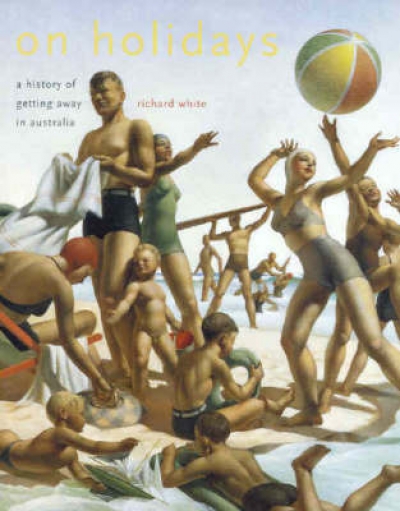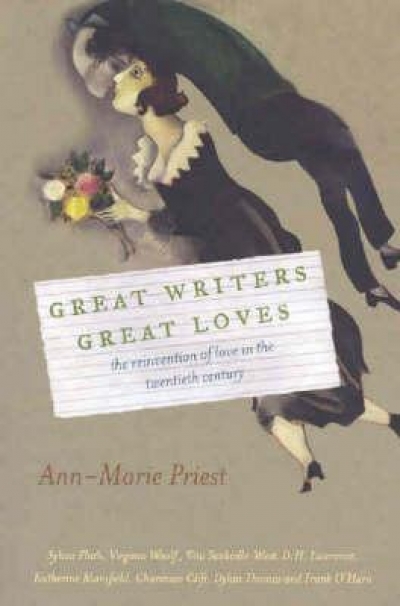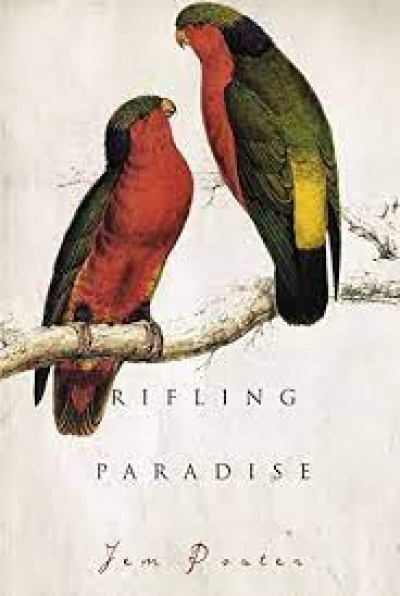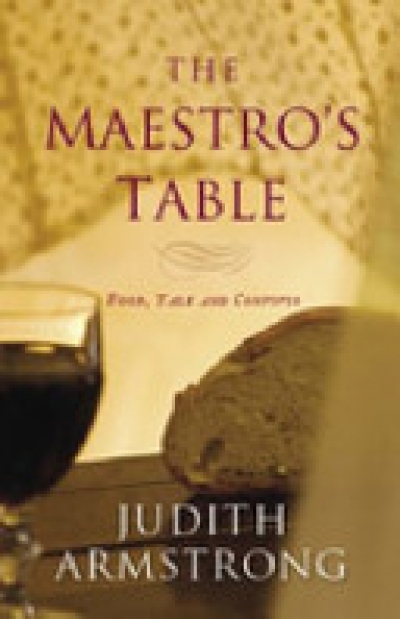Review
On Holidays by Richard White & The Cities Book by Lonely Planet
by Dennis Altman •
Careless by Deborah Robertson & Madonna of the Eucalypts by Karen Sparnon
by Emily Ballou •
Great Writers Great Loves: The reinvention of love in the twentieth century by Ann-Marie Priest
by Rachel Buchanan •
Eye Contact: Photographing Indigenous Australians by Jane Lydon
by Helen Ennis •
The Maestro’s Table: Food, talk and convivio by Judith Armstrong
by Gay Bilson •








